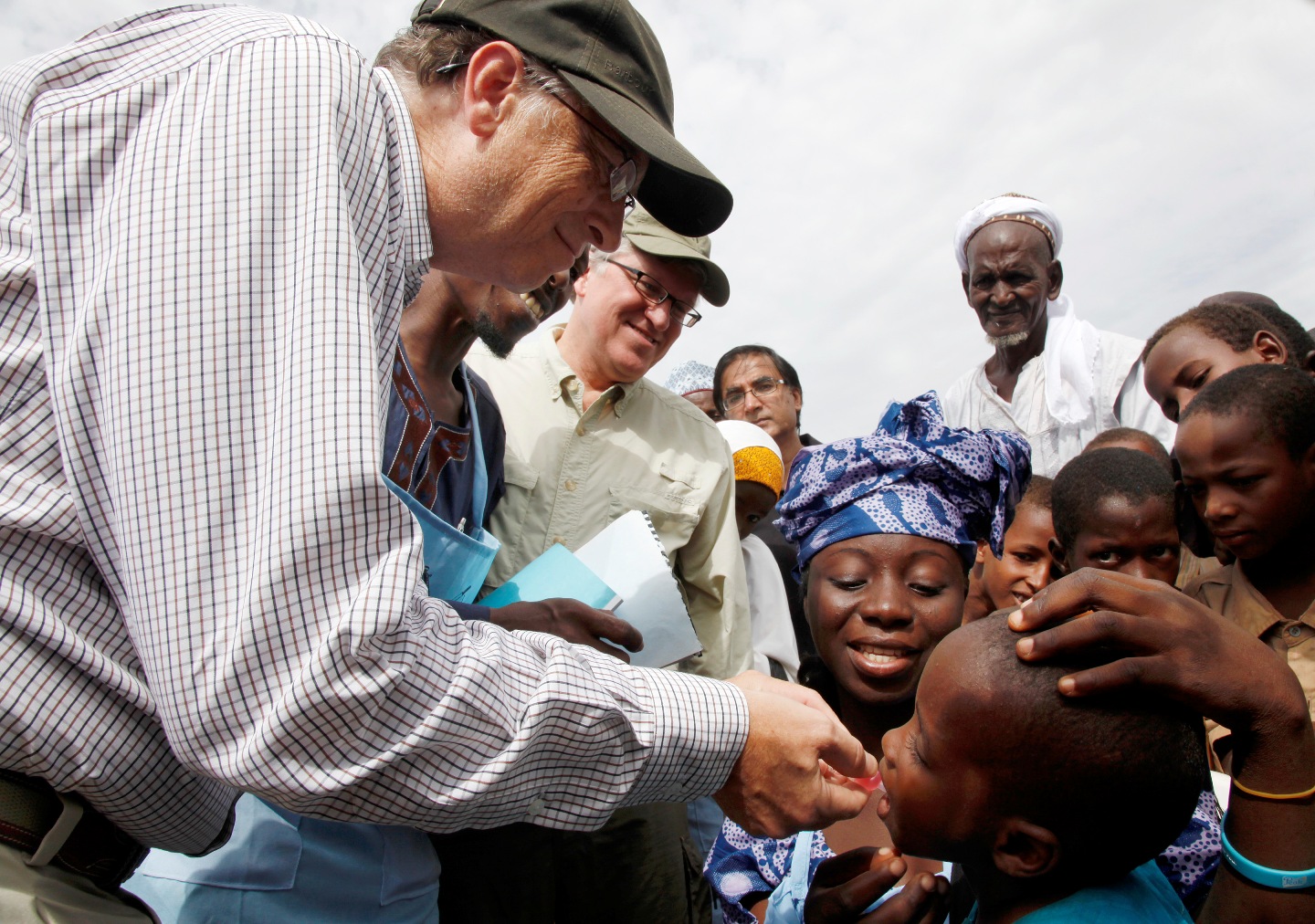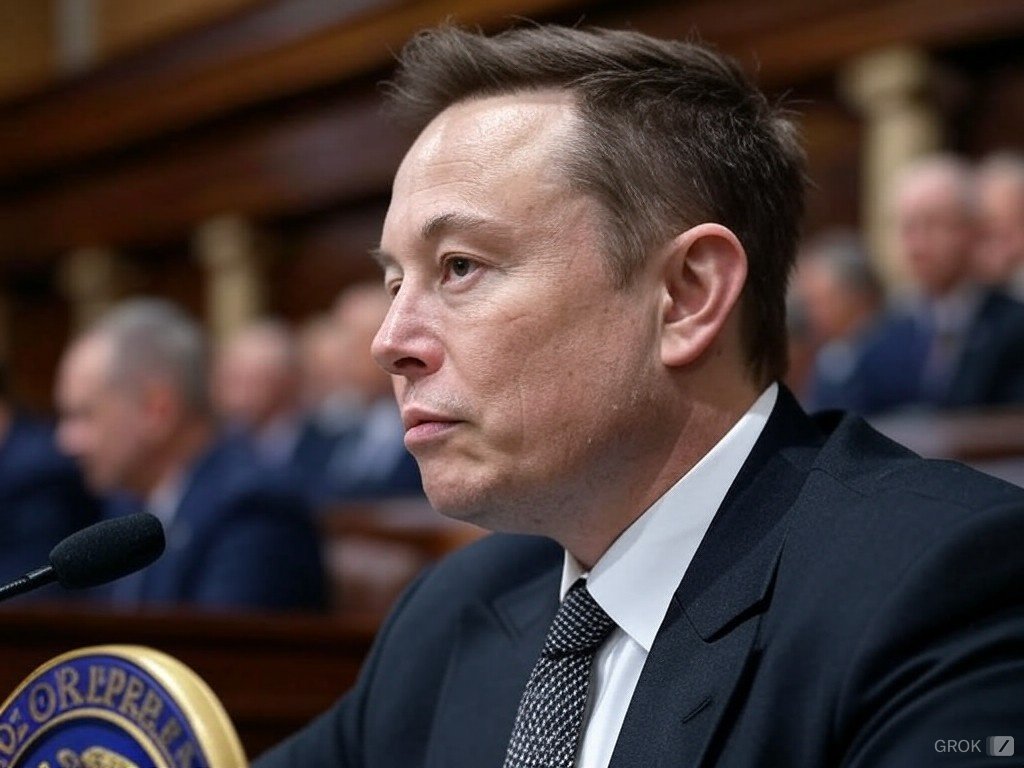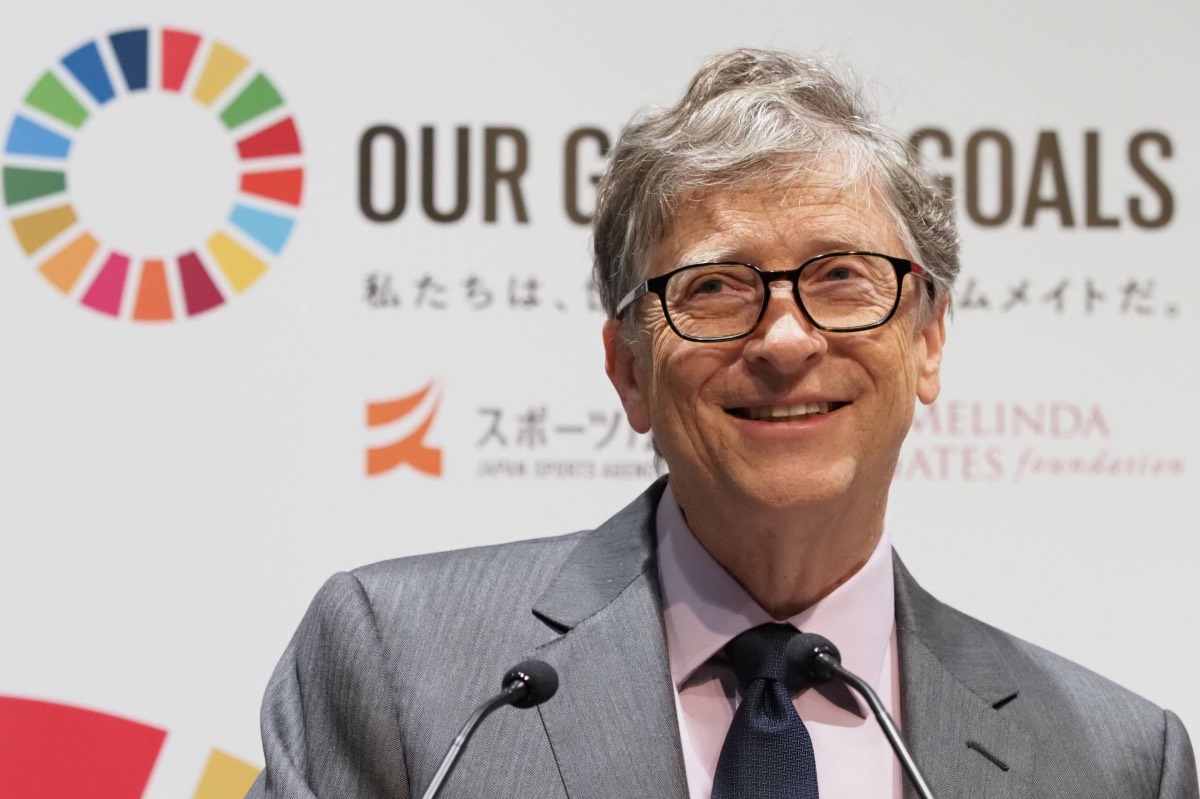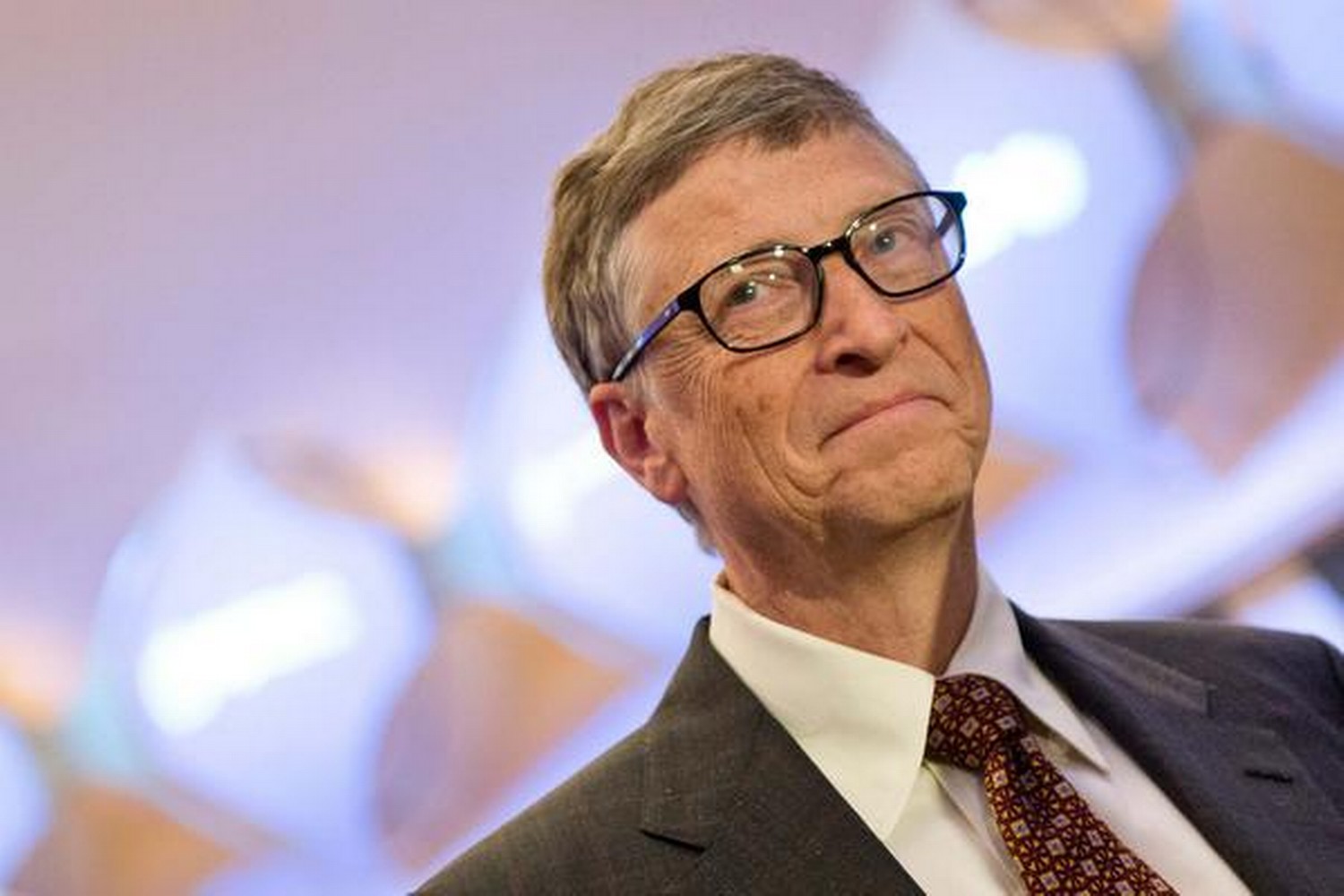NEW YORK, USA – Billionaire philanthropist Bill Gates has sharply criticised fellow tech magnate Elon Musk, accusing him of endangering the lives of the world’s most vulnerable children by pushing for sweeping cuts to U.S. foreign aid programmes.
In a recent candid interview with The Financial Times, Gates condemned Musk’s role in leading the Department of Government Efficiency (DOGE), which recently oversaw the shutdown of the United States Agency for International Development (USAID), the government’s flagship foreign aid body.
“The picture of the world’s richest man killing the world’s poorest children is not a pretty one,” Gates told the paper, referring to the impact of slashed global health funding.

Clash Over Humanitarian Priorities
Gates, co-founder of Microsoft and co-chair of the Bill & Melinda Gates Foundation, specifically cited Musk’s involvement in halting grants to a maternal HIV prevention programme at a hospital in Gaza Province, Mozambique — an initiative that helped prevent mother-to-child transmission of the virus.
According to Gates, funding cuts have already resulted in new HIV infections that could have been prevented.
“I’d love for him to go in and meet the children that have now been infected with HIV because he cut that money,” he said.
Musk, who also serves as CEO of Tesla and SpaceX, defended the aid reductions by alleging that USAID was plagued by inefficiencies and fraud.
He initially mischaracterised the programme in Gaza Province as funding condom distribution in Gaza in the Middle East — a claim he later admitted was incorrect.

A Longstanding Rivalry
The remarks mark a dramatic escalation in the ongoing tension between the two billionaires, whose visions for global impact have frequently clashed.
While Musk promotes technological innovation—particularly electric vehicles and space exploration—as the most effective solution to planetary challenges, Gates has remained steadfast in his belief that structured, philanthropic investment in health, education, and poverty alleviation provides more immediate and measurable impact.
Their public disagreements intensified after Gates was revealed to have shorted Tesla stock—betting that the share price would fall—leading to personal friction between the two.
Gates Accelerates Philanthropic Timeline
As he criticised Musk’s approach, Gates announced a significant shift in his own philanthropic strategy: the Gates Foundation will now spend down its assets and wind up operations by 2045, a decade earlier than previously planned.
The move will see the foundation inject an additional $200 billion into global health and education efforts over the next 20 years—on top of the $100 billion it has already spent since its founding.
“It’s kind of thrilling to have that much to be able to put into these causes,” Gates told the Associated Press.
“I think 20 years is the right balance between giving as much as we can to make progress on these things and giving people a lot of notice that now this money will be gone.”
Buffett has donated more than $40 billion to the Gates Foundation so far and remains one of the largest single contributors.

A Broader Debate on Billionaire Responsibility
The controversy between Gates and Musk underscores a broader ideological divide among the world’s richest individuals over how best to address global inequality and systemic problems.
While Gates champions traditional philanthropy and targeted development programmes, Musk’s preference for disrupting systems through private enterprise is reshaping the boundaries between government policy and corporate influence—particularly in sectors like clean energy, artificial intelligence, and now, public spending.
Newsweek has reached out to Elon Musk for comment via the Tesla press office. He has not publicly responded to Gates’ latest remarks as of press time.
Meanwhile, global development advocates warn that the loss of USAID funding could have a catastrophic ripple effect in regions battling HIV, malnutrition, malaria, and polio.
“Independent, well-managed foreign aid saves lives,” one senior global health official said. “What we’re witnessing now could set back decades of progress.”
As Gates prepares to deploy the remainder of his fortune in the next two decades, he remains adamant that philanthropy’s greatest power lies in action—not just innovation.
“This is about human lives,” Gates said. “It always has been.”







